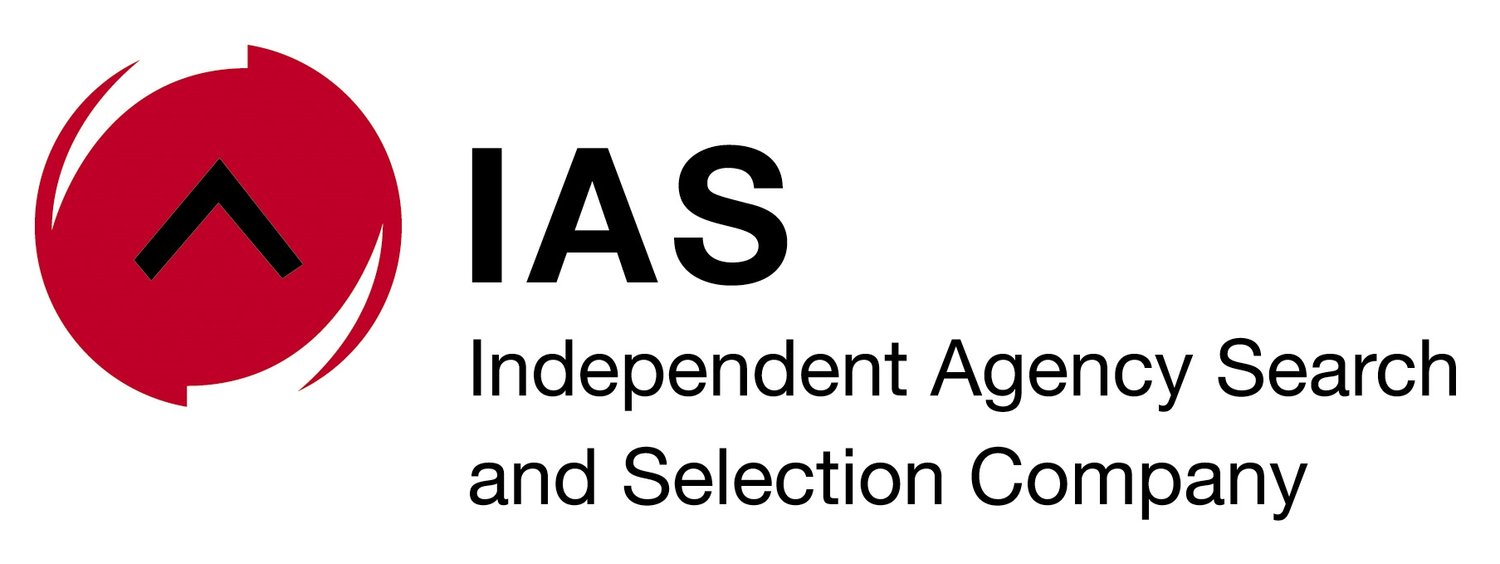The last two years has seen a fairly rapid consolidation of network agencies, some of which began during Covid and has continued apace, writes Johanna McDowell. In reviewing the current landscape the big question is, why the ongoing merging?
Considered the world's biggest advertising agency group, WPP focuses on communications, experience, commerce and technology and its consolidation has been the most dramatic we’ve seen.
In November 2018, WPP announced that Wunderman and J.Walter Thompson would unite to form Wunderman Thompson, an end-to-end creative, data and technology agency. Then, in 2023, WPP united Wunderman Thompson and VMLY&R to create what it called a “global powerhouse” in VML.
We’ve seen similar trends with the Omnicom 2023 acquisition of digital commerce high-flyer Flywheel joining the stable that comprises BBDO Worldwide, OMD, PHD, Ketchum, FleishmanHillard, Tribal Worldwide, DDB, Porter Novelli, among others.
Tech businesses the next big thing?
In South Africa and globally, it now appears that the only types of businesses these large networks are buying are those in the technology space. By this, I mean actual tech companies and not tech agencies.
The reasoning behind this is to make the number of cogs in these large businesses work together as a smooth-running machine. Expense here is key – the cost of running so many separate agencies over the years has made clear the need for seamless and less expensive control.
AGENCY SCOPE 2023/24 showed that the percentage of clients not concerned by competitive conflict in their sector within an agency has grown from 21,3% in 2019 to 40% now. This trend has supported the consolidation of network agencies making it easier for consolidated agencies to take on competitive brands.
Impact on independents
What has all this meant to independents? In South Africa, we’ve seen some doing very well over the last few years and others still finding their feet. Some have been break-away start-ups by disaffected people who might have been part of a network and decided to go solo to provide innovative ways of working in the advertising industry.
There are currently some really successful independents globally, but again, they’re being bought. An interesting example, though, is marketing agency Uncommon, which sold 51% to Havas, on condition they could continue to run as they saw best for their business
A number of flourishing independent agencies dot the globe right now, mainly because they’re in touch with their local market which is what clients want; they’re entrepreneurially driven which means clients see – and take note – that the agency owner is in the room during pitches.
Price-wise, it is clear that these firms do not have to repatriate their profits to global HQ, which again makes a difference to how they are viewed by clients.
What about media agencies?
The dominant media agency players in South Africa are all holding company global networks. Some are completely owned by global networks, some are just partially owned.
However, the top ten tend to be the network players, and for good reason: The guarantees that the media owners require from agencies to place advertising, which makes flourishing as an independent agency difficult.
Taking on the big clients becomes a minefield of guarantees and costs, which means independents do the strategy and planning, but tend to buy through the network agencies.
Overall, it seems to me to be natural for advertising people to want to start and run their own business. It’s who they are – but it’s not easy. Good business advice and cash management are vital to flourishing without the constraints of a network holding company that may tie their hands too often for creatives.
Independent agency networks
Blossoming in another corner of the patch is independent agencies that own themselves, as shareholders in their own network. Beyond Connect and Worldwide Partners are examples of these group structures where individually owned specialist agencies come together as a group to offer multi-disciplinary solutions to client’s bespoke challenges. Each agency is run according to its founding culture, unaffected by any group demands and as such individual agencies are owners, in charge of their own destiny.
At a glance, the change in trends across this sector is noticeable. Where WPP once had over 30 buildings in London, it now has three campuses. The global behemoths have had to slim down and become agile, meaning less cost and speedier communications.
Technology has been an enormous help in driving a slimmer and more seamless operation, enabling global entities to work together as if they were in the same office. And when a global agency network is the real network, clients feel the benefits.
In conclusion, there is no good or bad side – there is only what works best for a network’s clients or an independent’s clients. Where the pursuit of excellence includes cost reduction, agility and knowledge of local markets, brands win, clients are happy and small operators thrive as well as their large counterparts.

